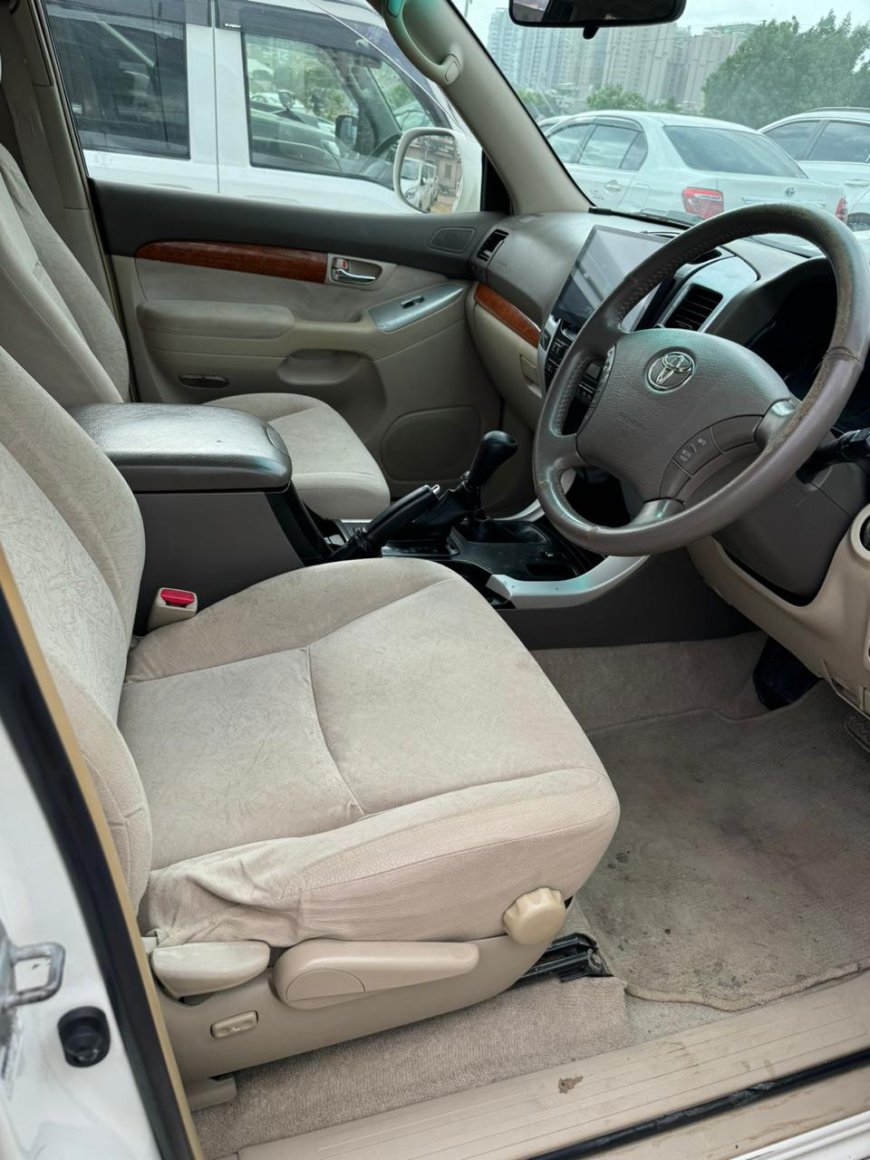How to Spot Scams When Selling Your Car Online.

Selling your car online can be a great way to get a better price than trading it in at a dealership. However, it also exposes you to potential scams, which is why it’s essential to be vigilant. From fraudulent buyers to fake payment methods, car-selling scams are a growing concern. Here’s how to spot scams when selling your car online and how to protect yourself during the transaction.
1. Be Cautious with Overly Enthusiastic Buyers
One common scam involves buyers who are overly eager to purchase your car. While it’s good to have an interested buyer, scammers often try to rush you into a deal by expressing excessive enthusiasm. If someone is offering a price above market value or pushing you to close the deal quickly, take a step back and evaluate the situation. This urgency is often a tactic to prevent you from properly vetting the buyer.
Tip: Slow down the process and ensure that the buyer is legitimate by asking for more details about them or requesting a face-to-face meeting if possible.
2. Watch Out for Fake Payment Methods
Scammers often ask to pay through unconventional or untraceable payment methods, such as wire transfers, cashier’s checks, or money orders. In some cases, the payment may appear to go through, but it will later bounce or be flagged as fraudulent.
Tip: Stick to safer payment methods like bank transfers or secure services like PayPal. Be wary of anyone insisting on unconventional methods. Always confirm that the payment has cleared before handing over the car.
3. Check for Suspicious Communication
Scammers often communicate in ways that raise red flags. This might include vague language, emails from suspicious addresses, or messages that are full of grammatical errors. Additionally, scammers may try to hide their identity or location by asking to meet in unusual or remote locations.
Tip: Stay in communication through official channels (such as email or phone) and look out for red flags in their language or behavior. Avoid meeting in isolated or unsafe locations.
4. Beware of “Too Good to Be True” Offers
If an offer seems too good to be true, it probably is. Scammers often lure sellers by offering significantly more money than the car is worth, only to pull back later or demand some form of advance payment, such as “shipping fees” or taxes. They may claim to be overseas or unable to inspect the car in person.
Tip: Trust your instincts. If someone offers an unrealistically high price or asks for an advance payment, walk away from the deal.
5. Be Skeptical of Offers from Out of State or Foreign Buyers
A common scam involves buyers from out of state or even from abroad who express interest in your car without seeing it in person. They may claim they want to ship the car but ask for payment upfront. Often, these buyers will use fake information and might ask for personal details unrelated to the car sale.
Tip: If the buyer insists on paying without seeing the car or insists on shipping arrangements, be cautious. It's always better to deal with local buyers or, at the very least, ensure that the payment is secure before agreeing to shipping.
6. Avoid Sharing Too Much Personal Information
When selling a car online, sharing personal details like your bank account number or home address can be risky. Scammers may use this information to gain access to your finances or steal your identity.
Tip: Keep personal information private until you’ve verified that the buyer is legitimate. Only share the necessary details once the transaction is secured.
7. Use Secure Platforms for the Sale
Selling your car on well-known and trusted platforms like OLX, PakWheels, or Famewheels can offer some protection against scammers. These platforms often have built-in security features, including buyer verification and fraud detection tools, which can help reduce the risk of scams.
Tip: Choose reputable websites and avoid using less-known or unregulated platforms. Read reviews and research the platform’s security measures to ensure it’s trustworthy.
8. Trust Your Instincts
If something feels off, don’t ignore your gut feeling. Scammers rely on the sense of urgency, pressure, and confusion to trick sellers into quick decisions. Trust yourself to recognize warning signs and take the necessary steps to protect your transaction.
Tip: If you feel uncomfortable or uncertain about a buyer or situation, it’s okay to walk away. Always prioritize your safety and financial security.
Conclusion: Protecting Yourself When Selling Your Car Online
Selling your car online can be a great option, but you need to be cautious to avoid scams. From being wary of too eager buyers to checking payment methods and ensuring secure communication, there are several ways to protect yourself. If you’re unsure about a transaction, services like Famewheels can help with car inspections and ensuring the legitimacy of buyers. By staying alert and following these tips, you can safeguard yourself and ensure a smooth and secure sale.

 muslim
muslim